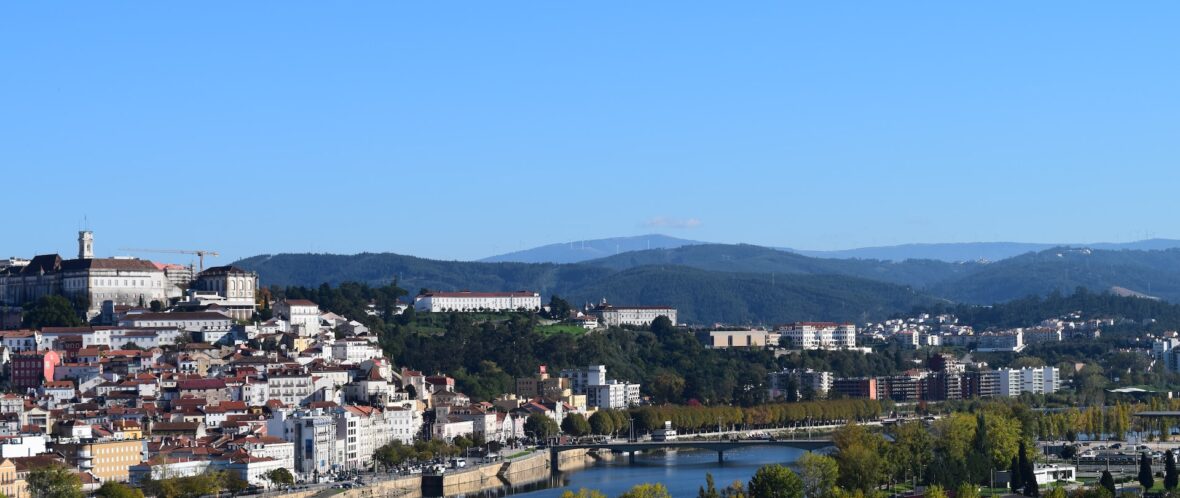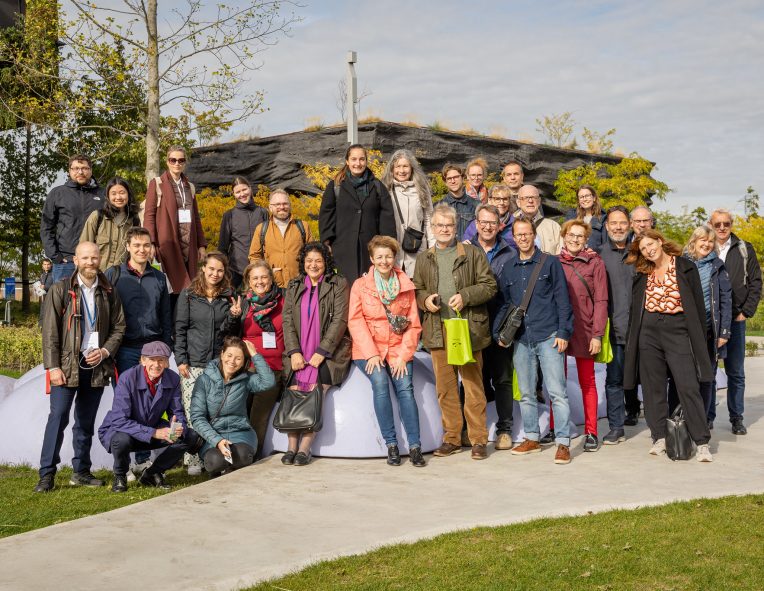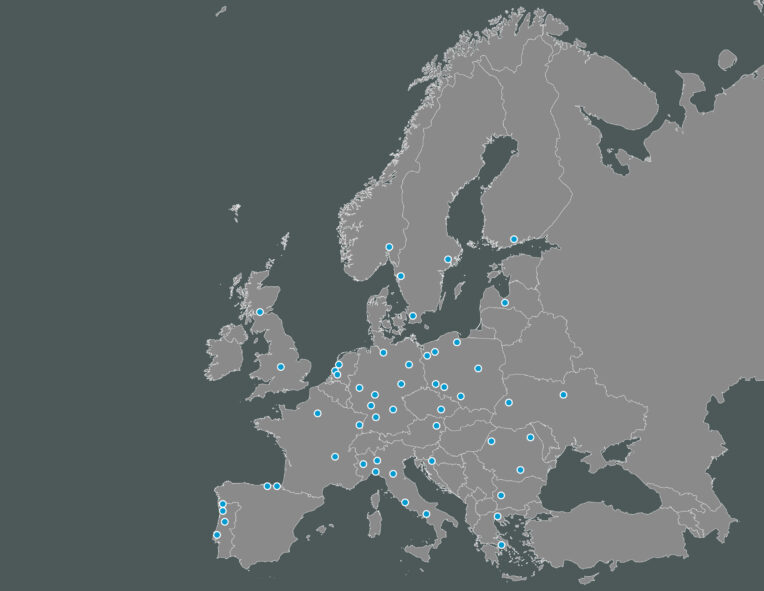Rua do Brasil, 131,
3030-175 Coimbra
Portugal
Primary METREX contacts
About Coimbra Region
Key documents
Major projects
RESIST (Horizon Europe) – RESIST aims to promote and demonstrate an innovative and more participatory approach to resilience and Climate Change Adaptation (CCA) at air, water and soil level in 4 demonstration and 8 twinning regions, including several research results from previous research and development projects. https://resist-project.eu/
STARHAUS (Horizon Europe) – STARHAUS aims to make an impact on modern consumer communities through the spread of behaviors and technological changes that can reshape the lives of citizens. STARHAUS relies on technologies already developed in the DIY4U project, recently promoted by HaDEA, with tangible results. DIY4U has created custom detergents using a small-scale factory and well-crafted digital tools. The integration has already been tested with detergents (liquid + powder), and during the STARHAUS project, the technology will be adapted to the use cases of the project and improved to achieve an estimated TRL6/TRL7.
GOCORE (Interreg Europe) – GOCORE aims to enhance the development of territories in rural and/or peripheral regions by engaging and empowering communities (citizens, civil society, small businesses, among others) as active partners in regional policy development and implementation, through the exchange and implementation of governance practices. https://www.interregeurope.eu/gocore
EMBRACER (Interreg Europe) – EMBRACER is a region-driven project where seven underserved regions have committed to integrate public transport (PT) with informal modes (cycling, ride-hailing, car/bike/scooter sharing, on-demand transport, autonomous shuttles) to enhance the interconnection with urban areas and achieve seamless intelligent climate-resilient regional and local intermodal mobility. https://www.interregeurope.eu/embracer
PriMaaS (Interreg Europe) – PriMaaS main vision is to promote the integration of traditional collective transport modes with personal and innovative ones by creating equitable mobility services focused on citizens’ needs; promote a fully integrated intermodal approach between all transport services, by using real time data about travel demand and travel supply; ensure that more comfortable and affordable travel options for individuals has also minimum carbon levels. https://projects2014-2020.interregeurope.eu/primaas/
ClimAgir (Interreg Europe) – ClimAgir was funded by the Cohesion Fund, as part of the application “Reinforcement of Adaptation Capacities to Climate Change – Communication and Awareness Actions at CIM-RC. It appears as one of the specific measures provided for in the PIAAC and its main objective is to make the general population aware of the impacts of climate change in CIM RC territory. It was classified by Interreg Europe as a “Good Practice” at European level. https://www.interregeurope.eu/good-practices/climagir
Realiza.te (OP Centro 2020, Portugal 2020 and the European Social Fund) – Realiza.te is the territorial action programme that aims to promote school success, social equity, employment and equal opportunities for young people. With the aim of acting at the level of prevention, adequacy of the response and recovery of young people who are already at risk of school failure, its lines of intervention seek to involve the various contexts in which the child/young person is inserted – school, family and community. https://realiza-te.pt/
Food Corridors (URBACT III) – Is a network of European cities, led by CIM-RC, committed to designing food plans that extend from the urban and peri-urban areas through a corridor that facilitates an urban-rural connection. This approach enhances production and consumption environments based on a base of economic, social, and environmental sustainability integrated into development policies. https://urbact.eu/networks/food-corridors
ECLECTIC (DUT 2022) – ECLECTIC aims to enable the design, implementation and monitoring of integrated and innovative strategic action plans for the JV that can effectively contribute to climate-neutral, sustainable and fair planning and development of small and medium-sized cities in the EU. It will co-develop a toolbox, with advanced tools, metrics and recommendations for decision-makers in municipalities, businesses and civil society, with the aim of co-designing, implementing and successfully monitoring sustainable, inclusive and fair evidence-based CE action plans, considering context-specific challenges, goals and opportunities.



